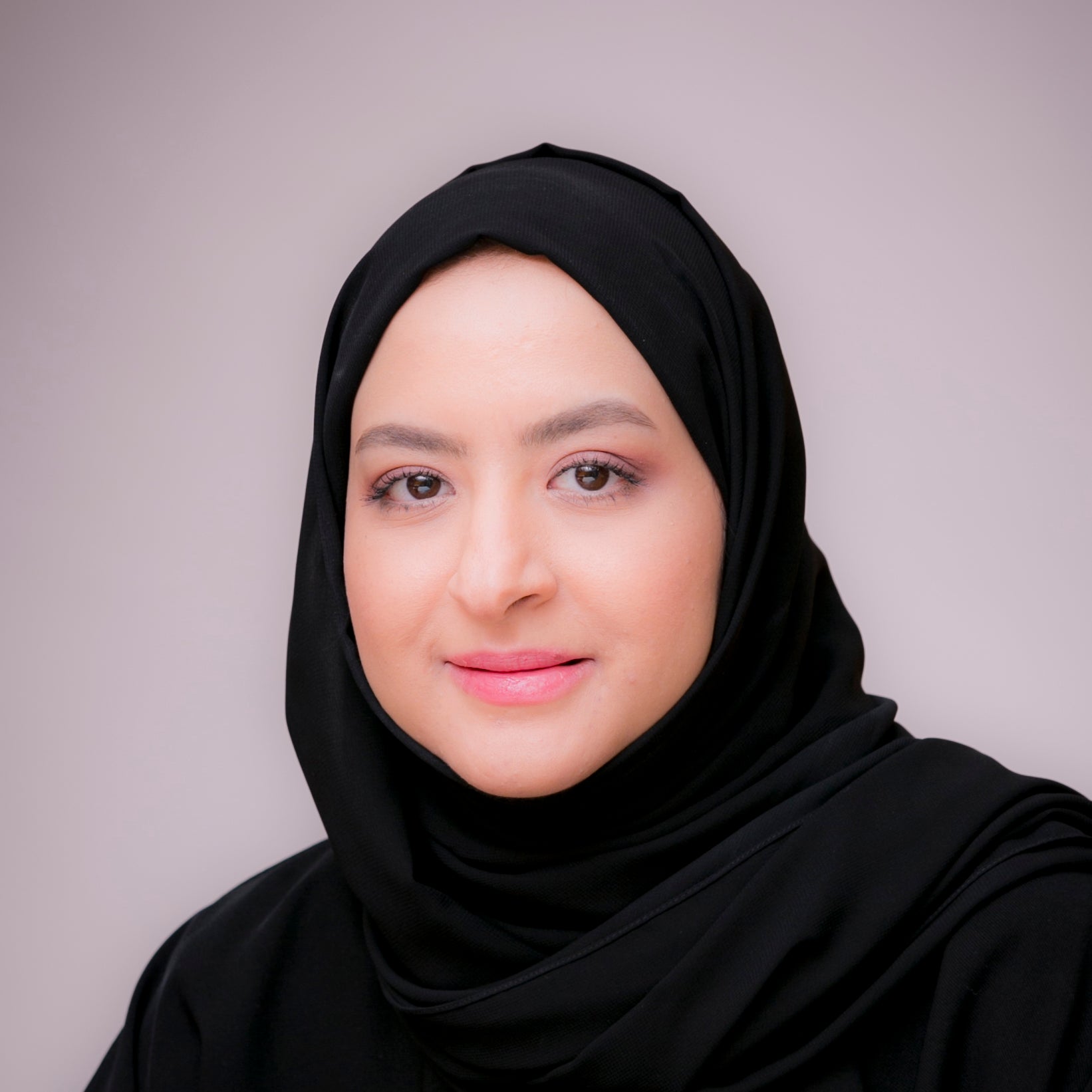Dr. Heba H. Al-Siddiqi
Scientist
Entity
Qatar Biomedical Research Institute
Division
Diabetes Research Center
Biography
Dr. Heba H. Al-Siddiqi graduated from Cardiff University, UK in 2008 with a bachelor’s degree in biomedical sciences. She joined Qatar Research Leadership Programme (QRLP) in 2009. She trained at Harvard Stem Cell Institute and Department of Stem Cell and Regenerative Biology, Boston (2010-2012). Dr. Al-Siddiqi received her Doctor of Philosophy (DPhil) from the University of Oxford in 2018. Her project focused on studying the metabolism of stem cells (human induced-pluripotent stem cells) and their differentiated cardiomyocytes. Her research highlighted the importance of metabolic maturation in directed cardiac differentiation to generate an “adult-like” hiPSCs-derived cardiomyocytes.
Dr. Al-Siddiqi has joined QBRI in 2018 as a Scientist at the Diabetes Research Center. Dr. Al-Siddiqi’s current research focus is on stem cells and pancreatic cell differentiation and maturation.
Chaning metabolism in differentiating cardiac progenitor cells – Can stem cells become metabolically flexible cardiomyocytes? Frontiers in Cardiovascular Medicine
Programming human pluripotent stem cells into white and brown adipocytes. Nature Cell Biology (* Co-first author).
The Effect of Oleic Acid and a PPAR-α agonist on Beating human inducible Pluripotent Stem Cell-derived Cardiomyocytes. BHF CRE Oxford Annual Research Symposium, September 19th, 2016. Oxford, UK.
Human Inducible-pluripotent stem cells as an in vitro model for human cardiomyocytes to study maturation and metabolism. Sherrington Poster Day, October 23rd 2014. Oxford, UK.
Programming human pluripotent stem cells into white and brown adipocytes, Qatar International Conference on Stem Cells Science and Policy, February 27- March 1, 2012, Doha, Qatar.
Undifferentiated iPS Cells Do Not Regenerate Functional Lung Tissue When Seeded on Native Lung Extracellular Matrix under Biomimetic Culture Conditions. Qatar Foundation Annual Research Forum, November 20-22, 2011, Doha, Qatar.
Native Lung Extracellular Matrix Scaffolds and Biomimetic Culture Conditions Alone Do Not Induce Lung Tissue Formation from Pluripotent iPS cells. Society for Laboratory Automation and Screening (SLAS) for Screening Stem Cells 2011: From Reprogramming to Regenerative Medicine, September 26-27, 2011, Boston, MA, USA.
Differentiation of Adipocytes from human-Inducible Pluripotent Cells. Qatar Foundation Annual Research Forum, December 12-13, 2010, Doha, Qatar.

